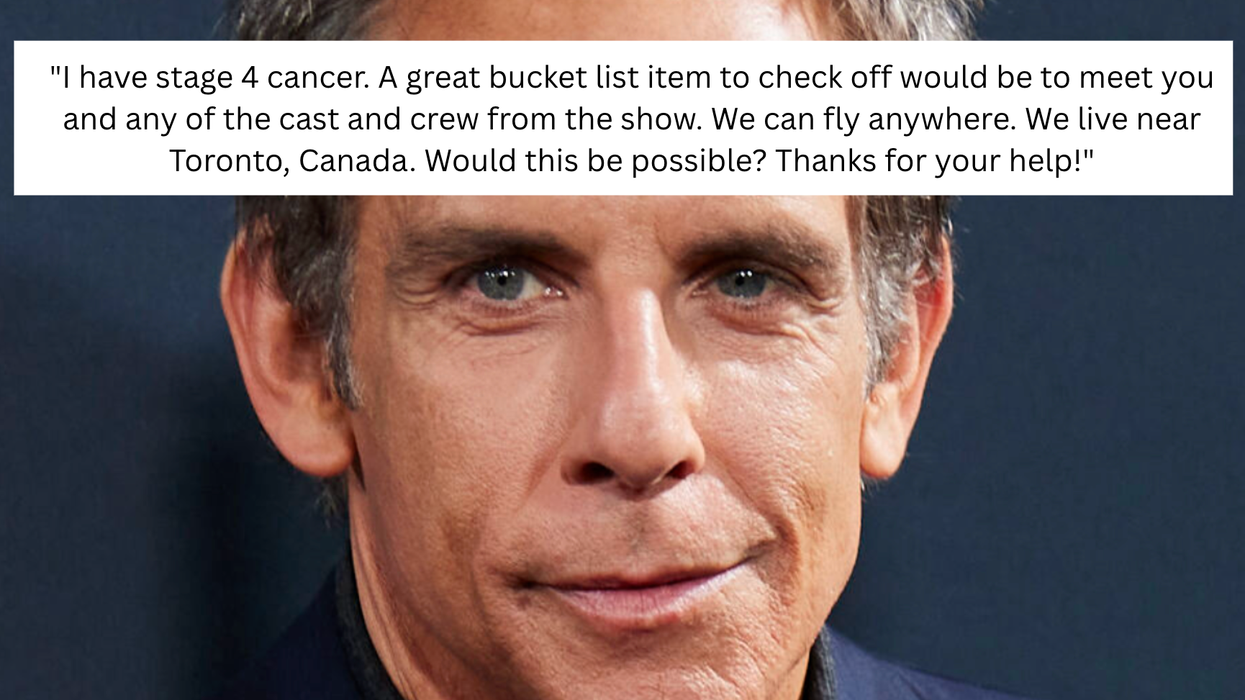I met them in Sierra Leone. Former rebels, shopkeepers, barbers-now calling themselves Iraq vets. They had been to places like Habbaniyah, Anbar, Haji, on jobs for Pentagon subcontractors. One of them, Jeff Roberts-known as Firefly to the U.S. servicemen in Iraq-told me his story earlier this year, over several sessions of fried chicken and soda in downtown Freetown.Roberts was one of the tens of thousands of so-called "third-country nationals" who were paid 45 cents an hour to work with American forces in Iraq. To some, Roberts represents the wonders of free trade and open borders brought to military affairs. But the use of contractors-especially those from very poor countries-has made it difficult to determine the size and cost of the war in Iraq.
| Quote: |
| When a third-country national dies, his mother does not call her congressperson; she might not even have a phone. |
















 Otis knew before they did.
Otis knew before they did.